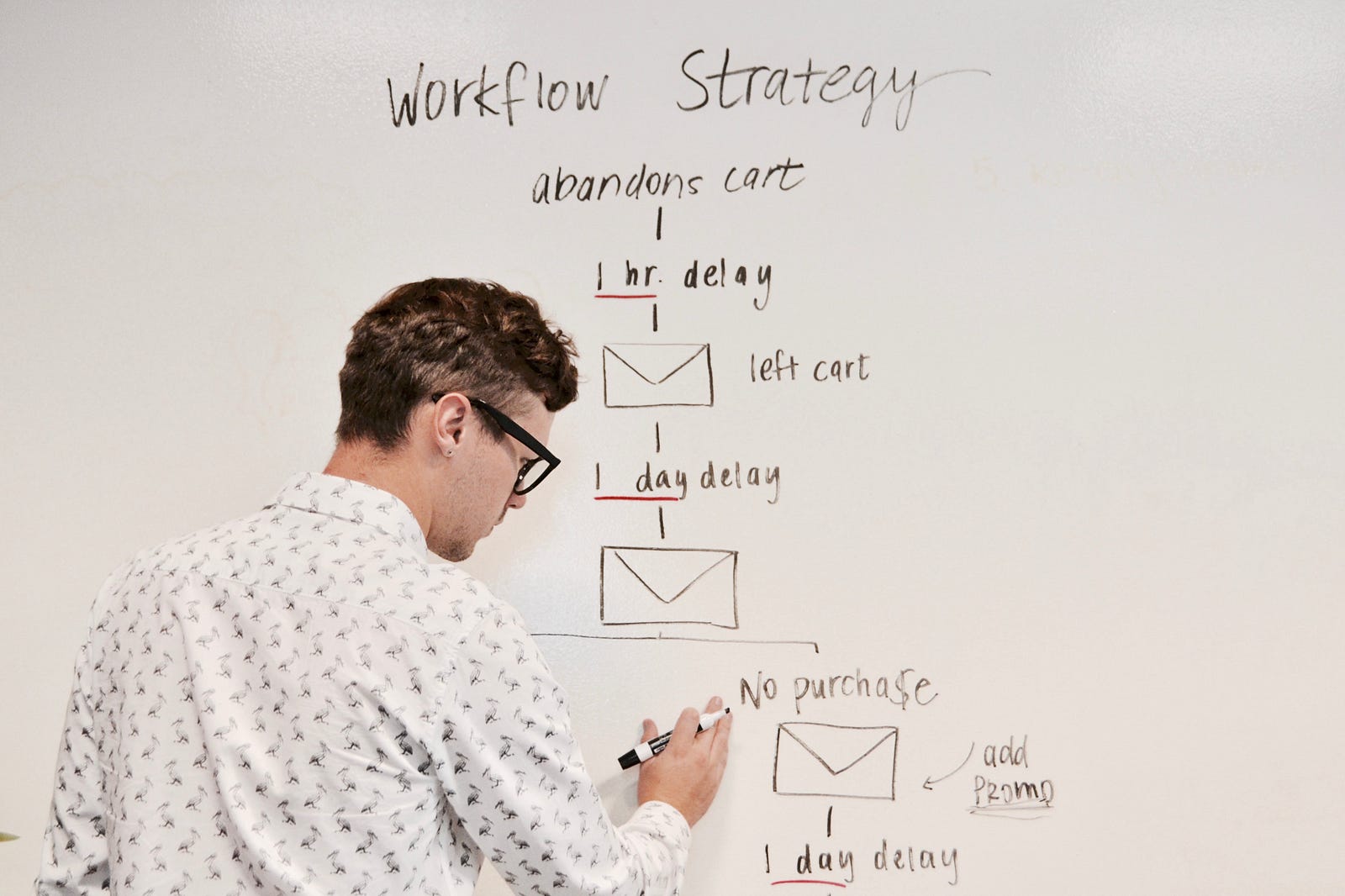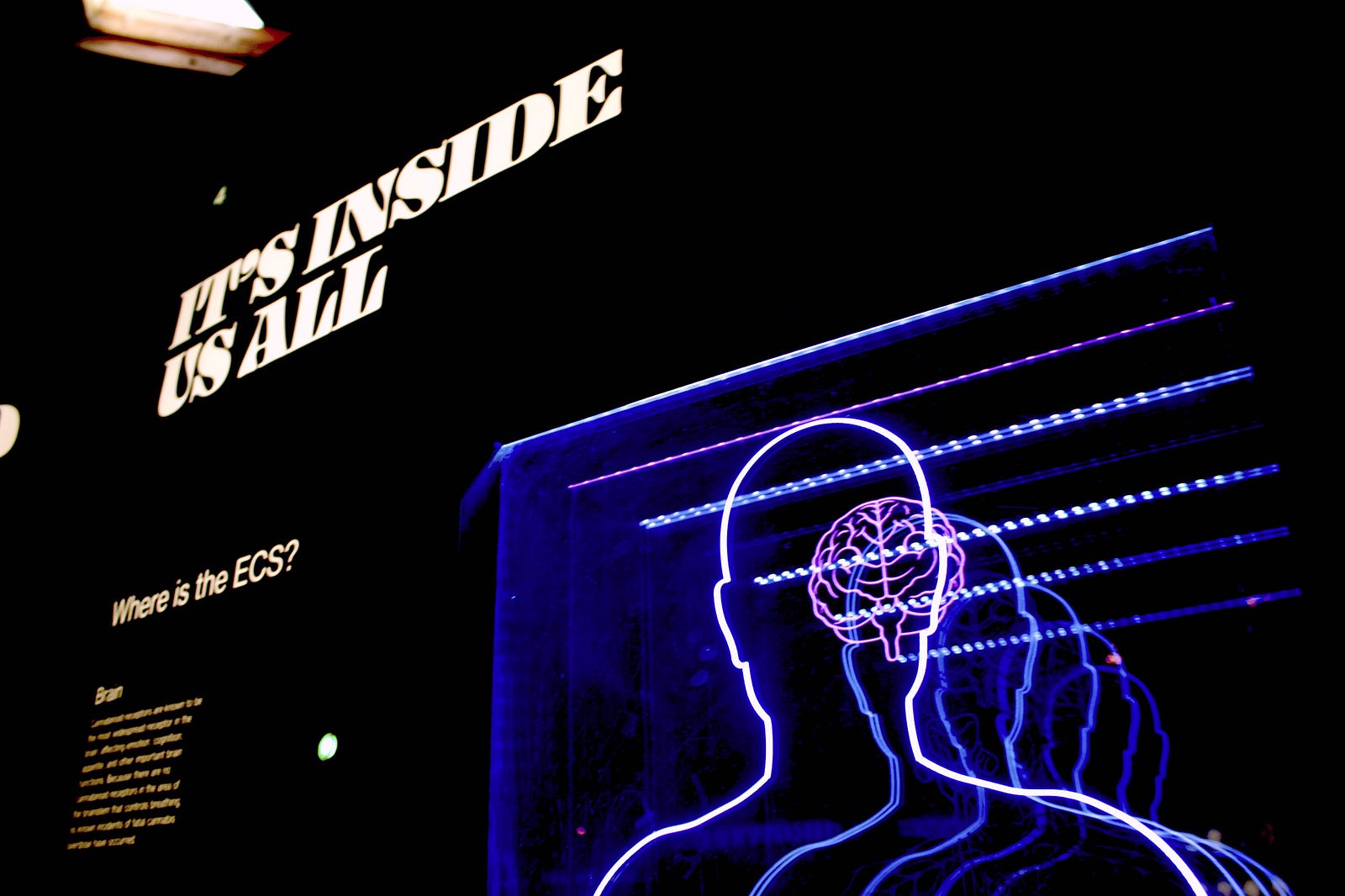Metacognition: Combining Cognitive Science With Philosophy
Learning From Interdisciplinary Collaboration

Keestra’s (2017) academic essay Metacognition and Reflection by Interdisciplinary Experts: Insights from Cognitive Science and Philosophy should be considered a must-read, but the very nature of the essay makes its content relatively inaccessible to the layperson.
Today, we will summarise this essay with additional thinking, so that you may learn more about the fascinating topic of Metacognition.
The Context
Is expertise disadvantageous — especially when it comes to experts from multiple domains collaborating with each other?
Ultimately, that is the question that members of the cognitive sciences and psychology industries have attempted to answer with this and other papers.
The theory is that, interestingly, experts make more biased decisions than their novice counterparts; they are inflexible and fixate on particular methods.
Our goal is to combat these challenges through the use of metacognition and philosophical reflection, effectively allowing experts to prepare for interdisciplinary understanding and integration.
The benefits of doing so are many:
- Consider more options.
- Learn from others.
- Improve flexibility.
- Increase the chances of success.
- Identify and mitigate risks early.
Introduction
Let’s define expertise.
“Compared to beginners in a field, experts have assembled a much larger set of representations that are also more complex, facilitating fast and adequate perception in responding to relevant situations” (Keestra, 2017, p. 121).
It is more than just a person’s individual skill, it also incorporates their circumstance, taking into account education, job role, and more.
Expertise, then, is an indicator of the time someone has spent learning and applying that learning.
We will refer to this collective experience as “mental representation” from hereon.
Learning And Knowledge Acquisition
Mental representations change not only for the purposes of adapting to one’s external environment but also for accommodating the introduction of new information, which is typically accumulated through physical and personal experiences or by way of academic advising. Over time, some of these mental representations may overlap, but may not necessarily be relevant to the situation or topic. Just as well, several mental representations can present themselves in relation to a single situation, entity, or topic.
“We can represent one and the same object or phenomenon and its determining factors in many different ways” (Wimsatt, 2007 cited by Keestra, 2007, p. 126).
Overcome Pitfalls In Collaboration Between Experts

Team-based projects offer increased opportunity to both learn and fail.
“It is obvious that collaborations among people with differing disciplinary expertise is difficult, partly due to the cognitive and metacognitive processes involved” (Keestra, 2017, p. 124).
These difficulties can result in misunderstandings and disagreements that impact the success rates of projects.
An example is whereby one expert might not adequately explain something from their discipline to the experts of other domains, as they think it is obvious, failing to see that it is only obvious to them.
The resolution to this issue does not necessarily start at the group level, but rather, it must first be resolved at the individual level. Through focusing on the individual’s cognition, the resulting compound effect leads to team cognition and effective team collaboration.
In addition to monitoring and regulating their own mental representations, the members of such a team need to communicate and coordinate their cognitive efforts with those of their collaborators” (Keestra, 2017, p. 123).
Individual Cognition And Pluralism
“We can observe in almost every such academic domain a methodological and theoretical pluralism since the investigation of almost every object or phenomenon requires the application of different methods, yielding different theoretical accounts” (Mitchell, 2002 cited by Keestra, 2017, p. 123).
What this means is that the sharing of insights from one domain to another can be and generally is beneficial to the learnings or all parties, and that a willingness to learn improves the project’s chances of success.
Expertise As Performance
When experts learn, they typically develop far more complex mental representations than novices, and throughout their lives will develop processes that affect their performance.
This is because as the expert ages and learns more they adjust — redefining and re-learning — and subsequently are combining their learnings into their mental representation, creating one that is unique from other experts.
An example of this is a child learning from and responding to feedback from an adult.
Metacognitive Skills
Metacognition is to observe, monitor and regulate ones own cognitive capabilities in relation to oneself and others.
As one improves their metacognitive skills there is a resultant increase in the success chances of team tasks and projects.
“An additional target for these skills can also be the environment in which an expert has to perform; removing obstacles or developing facilitating structures can help to improve outcomes or ease the task itself, for example” (Zimmerman, 2006 cited by Keestra, 2017, p. 135).
Metacognitive Alertness And Mental Weakness

Surely, then the expert is well equipped to handle complex tasks, situations, and projects in comparison to the beginner.
This is not necessarily the case, however, as it is arguable that experts tend to perform poorly, or are quick to assume a solution to a problem, in comparison to the beginner. This is partly prompted by how heavily experts rely on their established mental representations, which results in prejudiced or fixed decisions.
There is also the potential that the expert’s own sense-of-self, or ego, factors into his or her poor performance. The expert’s denial of alternative solutions may not necessarily be due to the fact that he or she simply does not perceive the alternative(s).
“Overly confident in recognizing a particular situation and allowing the response that is associated with the situation’s mental representation to be executed, an expert may overlook a relevant but novel detail” (Lewandowsky & Thomas, 2009 cited by Keestra, 2017, p. 134).
Experts Utilize Philosophical Reflection
For this context, philosophical reflection is interpreted as “the epistemological and ontological but also normative assumptions that have shaped the focus of those in a field on some causes and factors and not others” (Menken & Keestra, 2016 cited by Keestra, 2017, p. 141), including model preferences, detail relevance, and best methods or practices.
Through reflecting on these assumptions, in a philosophical manner, the expert is able to identify these assumptions and analyze the underlying principles that influence them.
How these assumptions are influenced further reveal the nature behind an expert’s complex representations.
It is recommended that experts utilize philosophical reflection to improve their performance and creative problem solving, since philosophical reflection:
“appears indeed to be a natural ally to metacognition, given that both entail a second-order activity or reflection, requiring individuals to not take their own thinking and thoughts for granted but to critically scrutinize them” (Rowlands, 2009 cited by Keestra, 2017, p. 141).
Team Cognition

Metacognition is as important for the individual expert as it is for the team in which they may reside.
Teams need to learn to recognise, communicate and resolve their differences early on to ensure aligned teamworking, and one of the ways they can do this is through metacognition.
The application of metacognition, within a team dynamic, may ease the difficulties of individual cognition, as “research shows that metacognition in social settings can help to mitigate some of the challenges of individual metacognition. It can foster individual metacognition as each team member is confronted with the metacognitive self-reflection of others, receives feedback, and considers the self-regulation strategies of others” (Keestra, 2017, p. 151).
Simultaneously, the individual and the team learn how to articulate and deliberate both individual and team mental representations. From there, the team is then able to further assess, evaluate, and adjust all mental representations in accordance with the needs and requirements of the task or project.
References
Keestra, M. (2017). Metacognition and Reflection by Interdisciplinary Experts: Insights from Cognitive Science and Philosophy. Issues in Interdisciplinary Studies, 35, 121–169.
Lewandowsky, S., & Thomas, J. L. (2009). Expertise: Acquisition, limitations, and control. Reviews of Human Factors and Ergonomics, 5(1), 140–165.
Menken, S., & Keestra, M. (Eds.). (2016). An introduction to interdisciplinary research. Theory and practice. Amsterdam: Amsterdam University Press.
Mitchell, S.-D. (2002). Integrative pluralism. Biology-and-Philosophy, 17(1), 55–70.
Wimsatt, W. C. (2007). Robustness, reliability, and overdetermination. In W.C. Wimsatt & W.K. Wimsatt (Eds.), Reengineering philosophy for limited beings. Piecewise approximations to reality. (pp. 44–74). Cambridge, MA: Harvard University Press.
Zimmerman, B. J. (2006). Development and adaptation of expertise: The role of self-regulatory processes and beliefs. In K. A. Ericsson, N. Charness, P. J. Feltovich, & R. R. Hoffman (Eds.), The Cambridge handbook of expertise and expert performance (pp. 69–86). Cambridge: Cambridge University Press.

